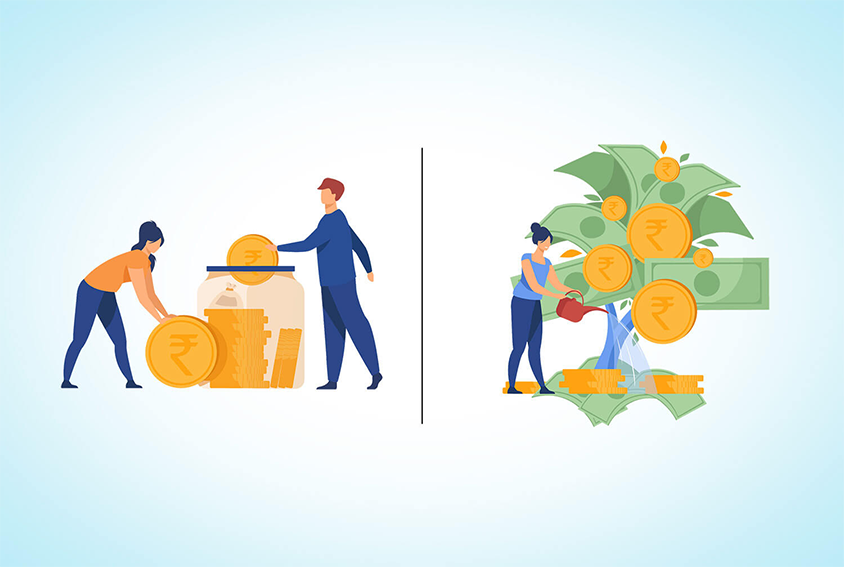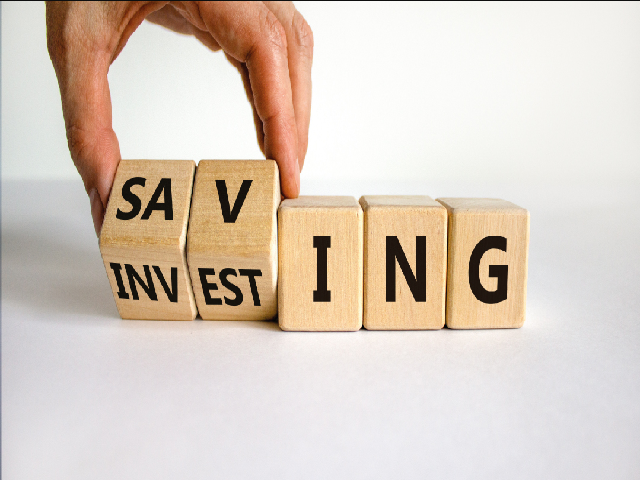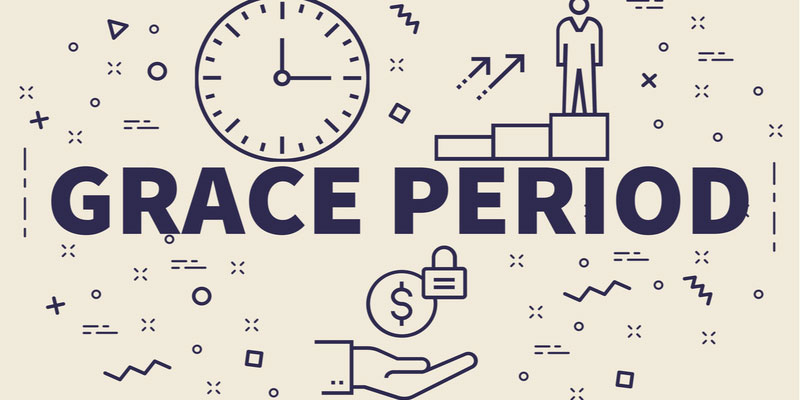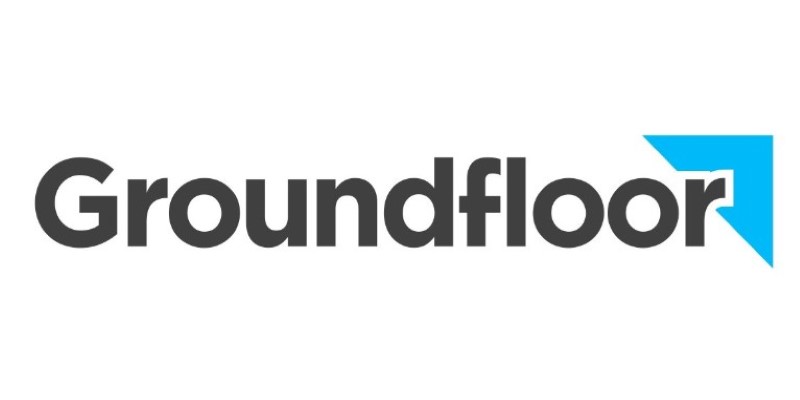The terms "saving" and "investing" are often used interchangeably; however, when it comes to the core, you must be involved in both to ensure financial security. One commonality between savers and investors is their paramount importance in our life. If you're not doing either, the moment to begin is now. This could require adjusting how you spend, tracking your spending, and using your earnings, but it is possible and should be included in your budget. The general rule is that saving should be a short-term goal while investing should take longer.
Saving
We save money for purchases and emergencies. Most of the time, saving money means it's available whenever you need it and is at a low chance of being lost. Keeping track of your savings and setting an end date, timeframe, and amount to your objectives is essential. For example, if, for instance, you are saving for your annual family trip, it is possible to set a goal of saving $3,000 over nine months and then take it out at the end of each year. You will know the amount you'll need, how much you should save every month, and how to withdraw the funds without any fees to pay for your dream vacation.
Investing
When investing, it's crucial to choose your investments wisely. You'll earn a greater ROI if you begin investing earlier. Knowing the various investment options, their use, and how to use the best ones is essential to success. We invest for long-term goals like our children's college funds or retirement. We choose specific vehicles that can accommodate expansion. If our kids are 10+ years until they start college, we can put money each month in a vehicle such as the education savings account (ESA) or 529 plans. These plans allow withdrawals when your child attends college. Plans for college over the long term can assist you in reaching your goal.

Key Differences
In the beginning, the risk is the most significant difference between investing and saving. When you invest cash into an investment bank account, such as an account for the money market. There is a low chance of losing funds; however, it also offers minimal gains. If you save money, it is usually possible to access it whenever you require the funds (or after a certain period). If you invest, you can reap the possibility of gaining higher long-term returns or gains and the possibility of losing.
Investing is riskier to earn a higher yield, but the potential loss could be substantial too. Evaluating your objectives to determine the best option for each, whether you are saving money or investing, is essential. If you make a mistake, you could end up paying many dollars in costs or lose the potential earnings you could earn from investing. Another factor to consider is interest or the money you earn. When we invest, we expect the investments we make to earn us money, whereas the purpose of saving money is to keep our savings secure and provide a small profit.
A CD is a well-known tool for saving money. It can be short-term, with a range of one or two months to many (seven and more) years. When you are in the CD, the savings are safe and grow at a higher rate of interest than an ordinary savings account but accessing it before when the CD expires could result in the payment of penalties and fees. You should ensure that you find the most competitive rate for the CD by comparing the rates offered by various institutions.

You can be a great investor with an increase within your 401(k) and also have investments, yet you will not be able to pay the bills due to a lack of understanding of how to invest your money for short-term needs. It is possible to save money every month; however, in the long term, savings won't provide for your retirement and likely won't pay for your children's education, which is why investing is equally crucial. This should be a reminder of the importance of both, particularly when combined.
Special Considerations
Generally, the short term is less than seven years, and the long term extends over seven years. However, when it is about saving and investing, these figures depend more on the particulars of the goals. Remember that you'll need money and what you plan to do to use the funds, and the risk/safety associated with the objective. Don't forget to hesitate to save or invest. The moment is the best time to increase wealth and achieve objectives. With a small number of funds, you could start saving and investing money and begin the process of meeting all your financial objectives.







